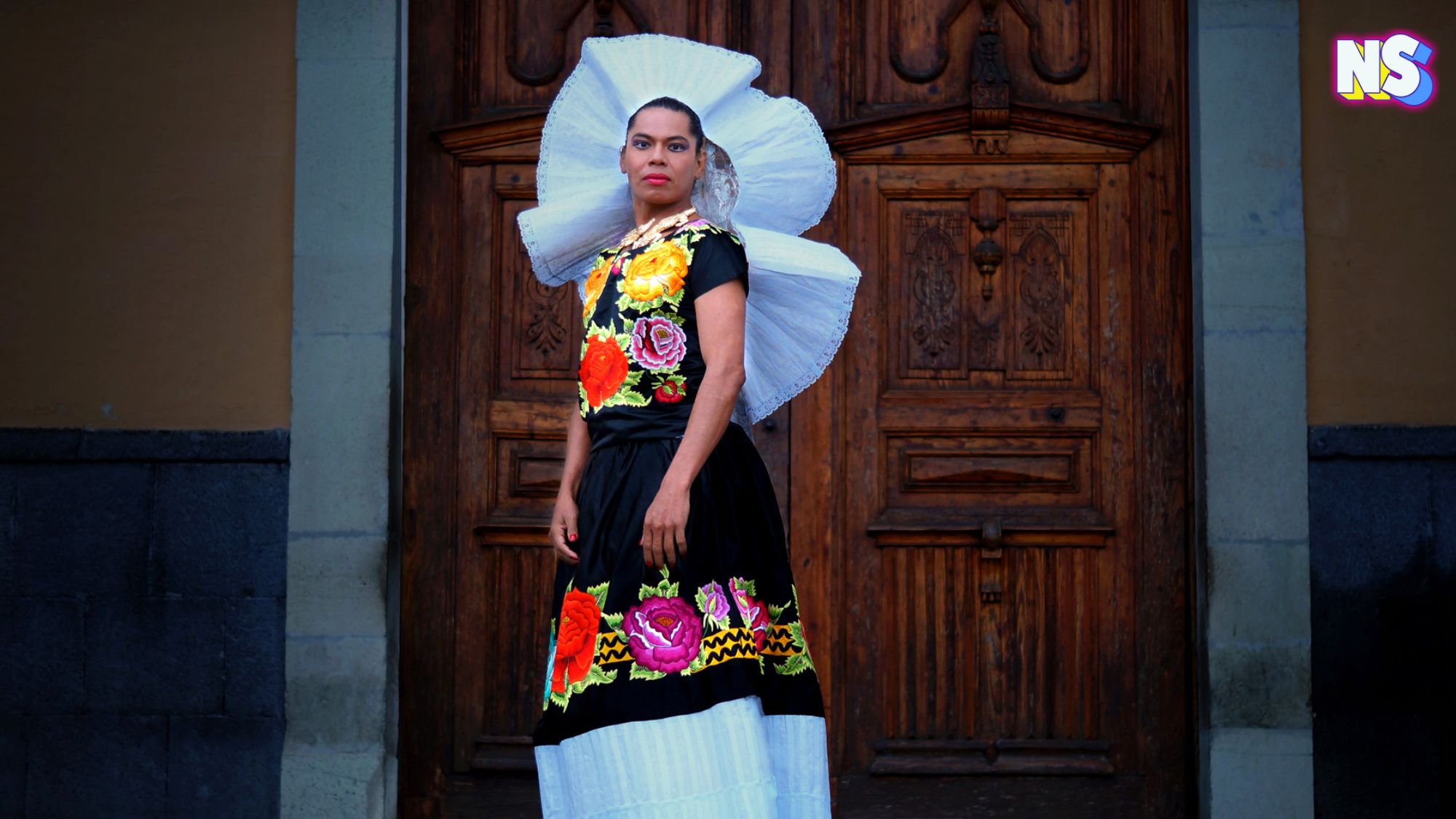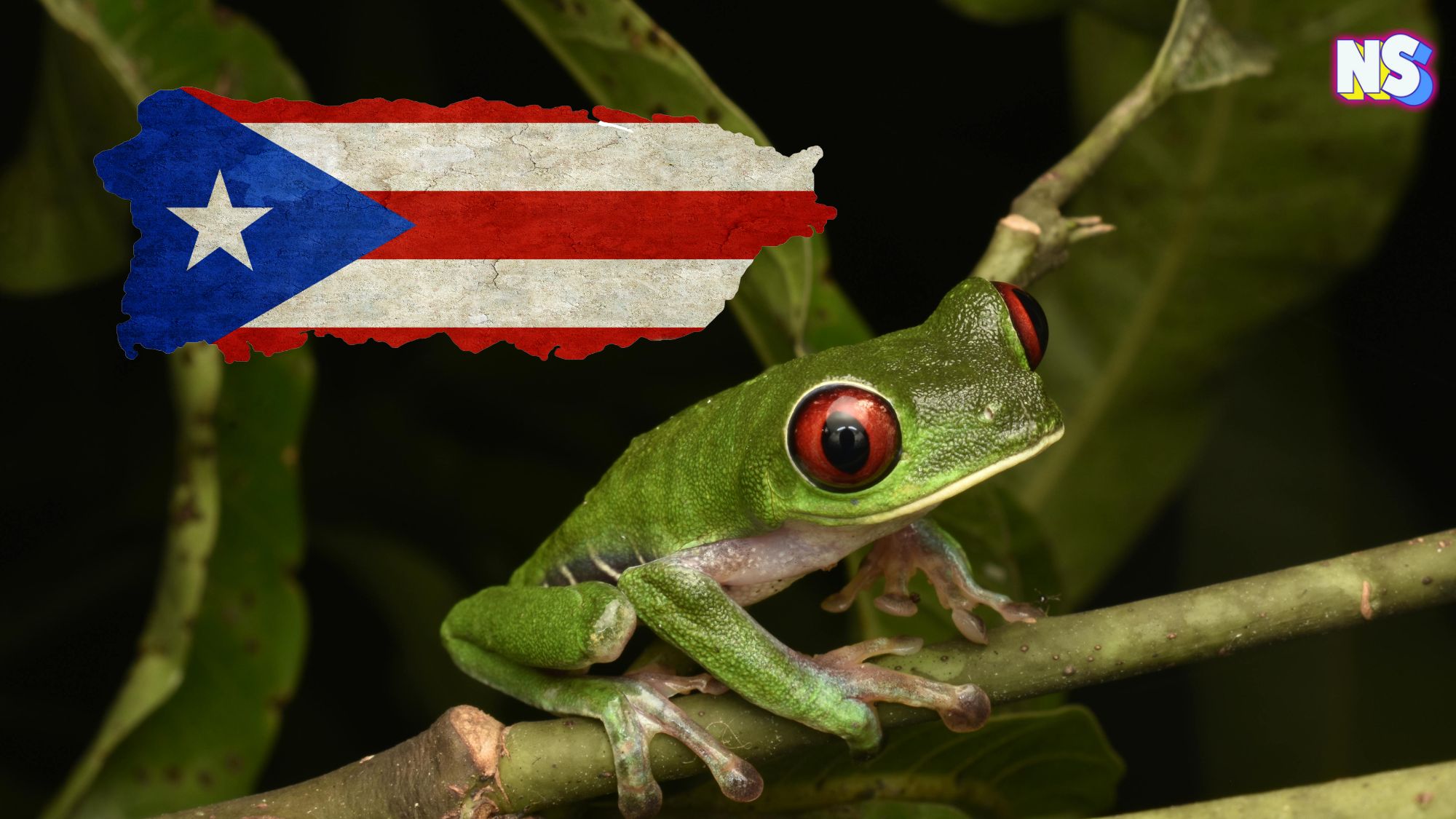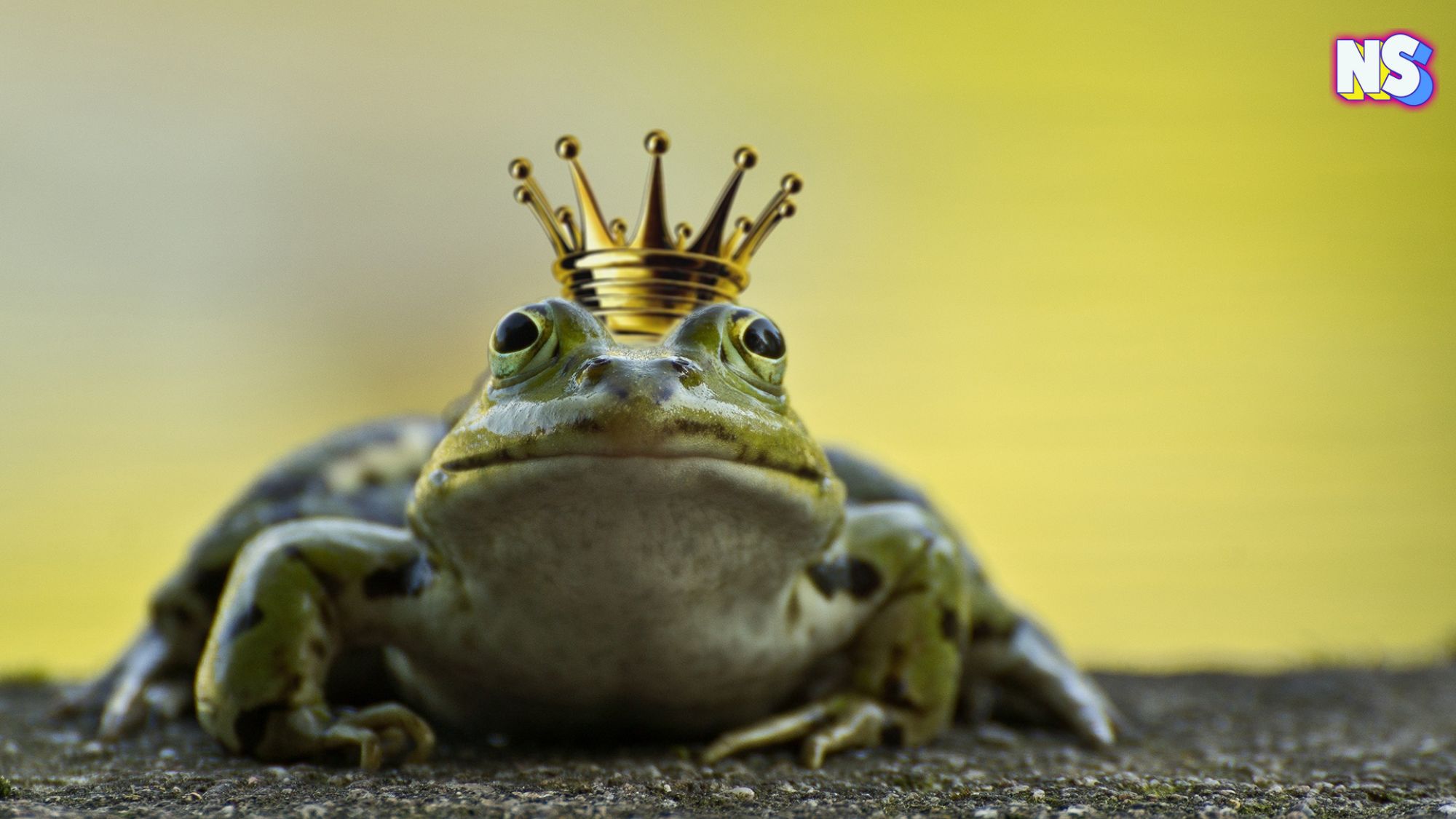A unique and cherished group of people live in the indigenous Zapotec communities of Oaxaca, Mexico. For thousands of years, they’ve embraced an identity known as Muxes. They say they’re neither man or woman. And they’re recognized and respected within their communities. Their unique story of acceptance in the face of societal norms is now being told, and the world is beginning to understand Muxes, Mexico’s third gender.
Muxes, Mexico’s Third Gender
Muxes — pronounced “mu-shay” are born biologically male, but live and embody traditional feminine characteristics and roles in their society,” the LA Times writes.
They may dress in traditional women’s clothing, engage in activities traditionally reserved for women such as weaving or embroidery, and often take on caregiving roles within their families. Importantly, being a Muxe is not simply about appearance or behavior but is deeply rooted in Zapotec traditions and spirituality.
In Zapotec culture, Muxes are considered a blessing and are believed to possess special qualities that bring luck and prosperity to their families. They are seen as a bridge between the masculine and feminine energies, embodying a balance that is highly valued. This acceptance contrasts sharply with the challenges faced by transgender and non-binary individuals in many other parts of the world, where discrimination and marginalization are prevalent.
“Uno nace no se hace,” a Muxe tells the Guardian, meaning “One is born not made” in English.
The Origins of the Muxe
The origins of the Muxe identity are complex and rooted in both pre-Hispanic beliefs and Spanish colonial influence. Before the arrival of Europeans, many indigenous cultures in Mexico recognized multiple genders beyond male and female. The idea of a third gender was common. A legend from Juchitán de Zaragoza has a story of how muxes were created.
“During his trip around the world, the patron saint of Juchitan, San Vincente Ferrer, carried three bags with him,” The LA Times explains. “The first contained male seeds, the second female and the third contained a mix. But as Ferrer reached Juchitan, the third bag split, and from the thousands of seeds that spilled onto dry earth grew the muxes — Mexico’s third gender, native to the southern Mexican region.”
The muxe were often tied to spiritual roles and were respected as integral parts of community life. With the imposition of Spanish colonialism and Catholicism, these identities were suppressed but never fully erased.
The Muxe Today
Today, the Muxe identity thrives in communities such as Juchitán de Zaragoza, where an annual festival called Vela de las Intrepidas (Vigil of the Intrepids) celebrates their unique cultural significance. It’s a moment of pride and visibility, drawing visitors from around the world who come to witness and celebrate a community’s extraordinary expression of diversity. For over 48 years, an annual Vela de las Intrepidas festival has been held in far away San Francisco as well, bringing more awareness to muxes. And, in 2022, HBO Max premiered its movie Muxes for an inside look into Mexico’s third gender.
Despite the celebrations within, and outside of, their communities, Muxes still face challenges in broader Mexican society. Discrimination and misunderstanding persist, fueled by ignorance and prejudice.
“Though prejudice persists, within the Istmo de Tehuantepe, muxes are respected by the important roles they fill in Zapotec society,” El Tecolote writes.
However, recent years have seen efforts to increase awareness and acceptance of diverse gender identities across Mexico, aided by advocacy groups, changing societal attitudes, and muxes speaking up.
A muxe sums it up during an interview: “It’s not about being gay, it’s not about being homosexual. It’s not about being another mistake. It’s not about being a woman. Being a muxe is about being the muxe.”





